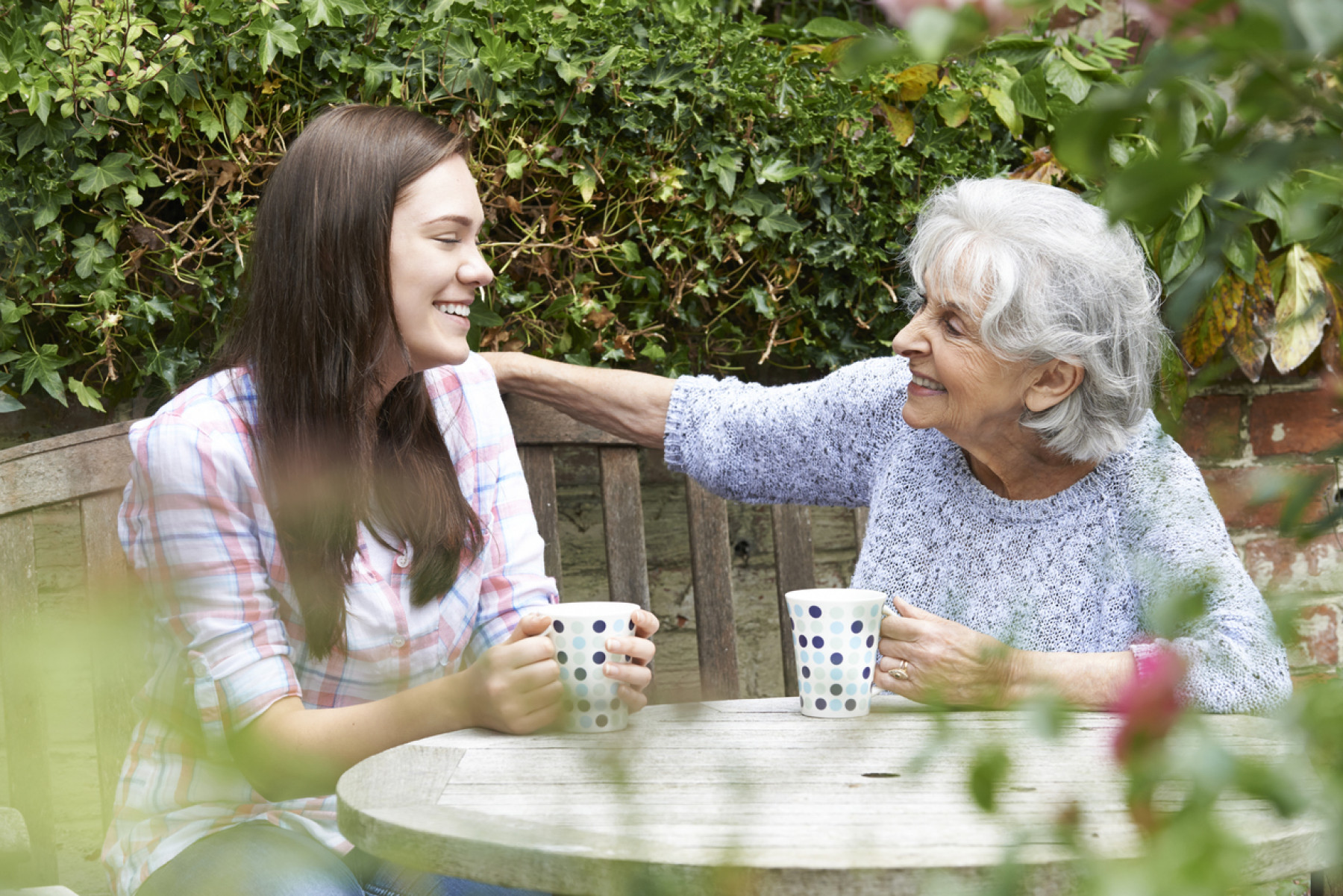Getting Older, Staying Social (and why it matters)
15 December, 2022
The benefits of maintaining strong interpersonal connections as we get older is well documented. Learn how your Home Care package can help you stay connected.

The importance of maintaining strong interpersonal connections into our old age.
The benefits of strong social connections as we get older is well documented.
Feeling connected to others is fun, floods us with feel-good emotions, and is great for our bodies and minds.
Socialising regularly is associated with:
Lower levels of depression and anxiety
Higher self esteem
Stronger empathy
More trusting relationships.
But with 1 in 4 Australians now living alone, socialising isn’t always as easy as it once was.
What the research says
Being part of something bigger than ourselves – like a social group or faith community – gives us a sense of belonging and purpose. It’s a big part of being human.
Big picture aside, there are also benefits for cognitive performance on a day-to-day level.
A study of 70-90 year olds by the Center for Healthy Aging at Penn State University found this amazing connection between socialisation and brain function:
Research participants who had frequent, pleasant social interactions, also had better cognitive performance that day and the following two days.
Dr Craig Sawchuk (PhD) of the Mayo Clinic says that positive social interaction is also key to good mental health. According to Dr Sawchuk, “We are social animals by nature, so we tend to function better when we’re around others.”
Another study by Harvard Health showed that staying social also correlates to better physical health, by keeping older adults more active.
According to the research, older adults who interacted with people beyond their usual social circle of family and close friends were more likely to have:
Higher levels of physical activity
Greater positive moods
Fewer negative feelings.
Why it’s worth making the effort
In case you still need convincing to get out there and socialise, here are some benefits you may find surprising. Socialising with others:
Stimulates brain activity
Helps ward off dementia
Increases our confidence
Safeguards against high blood pressure associated with loneliness
Helps us stay fit
Contributes to learning new things
Is associated with living longer.
What if I’m a homebody?
Maintaining social connections doesn’t mean we all have to become social butterflies.
Plenty of us are introverts – and that’s ok. But it does mean we should be deliberate about not becoming isolated from people who can offer that all-important interpersonal support.
It might mean finding a group of people you feel comfortable with – who share your interests. Perhaps a book club, craft group, the local RSL, sports club or maybe you might want to try new activities in your local city that are suitable for those with disability, here are our top activities in Sydney and Melbourne.
It could also look like opening your home to someone who can offer you support as part of your Home Care Package.
Mrs Trevethan’s story
Our Home Care client, Mrs Trevethan, is a 92-year-old passionate foodie. She loves to cook beautiful meals and host dinner parties. But standing on her feet to get everything prepped and cleaned-up was becoming too much for her.
As well as getting some home-nursing from Focus Care, Mrs Trevethan’s support worker visits each morning to help her at home. They spend a lot of time in the kitchen.
With this support, Mrs Trevethan can continue living independently and keep doing what she loves. And for her that means cooking for her family and friends.
Mrs Panopoulos’ story
Mrs Panopoulos is a vibrant social butterfly and likes to get out and about in her local community. She’s in good physical health but has recently been diagnosed with dementia.
Her Home Care Package connected her with a dedicated support worker who visits her twice a week. Importantly, this worker is a Greek-speaker.
Sharing her first-language puts Mrs Panopoulos at ease and helps her maintain conversational and social engagement. The two of them also have a great time together.
Getting social with Focus Care
If maintaining social connections has become an issue for you, we can help.
Our clients tell us that having a member of our Home Care team on board can be a welcome addition to their social circle.
A Home Care worker can come to you – spending regular time with you and supporting you to do the things you love. That might be gardening, staying fit, cooking up a storm, or just sharing a cuppa.
We can also support you to get out and about, whether that’s to the local shops, appointments, or your community group.
Importantly we can match you with a support worker who shares your interests and speaks your language! Learn more about Home Care with Focus Care here.




